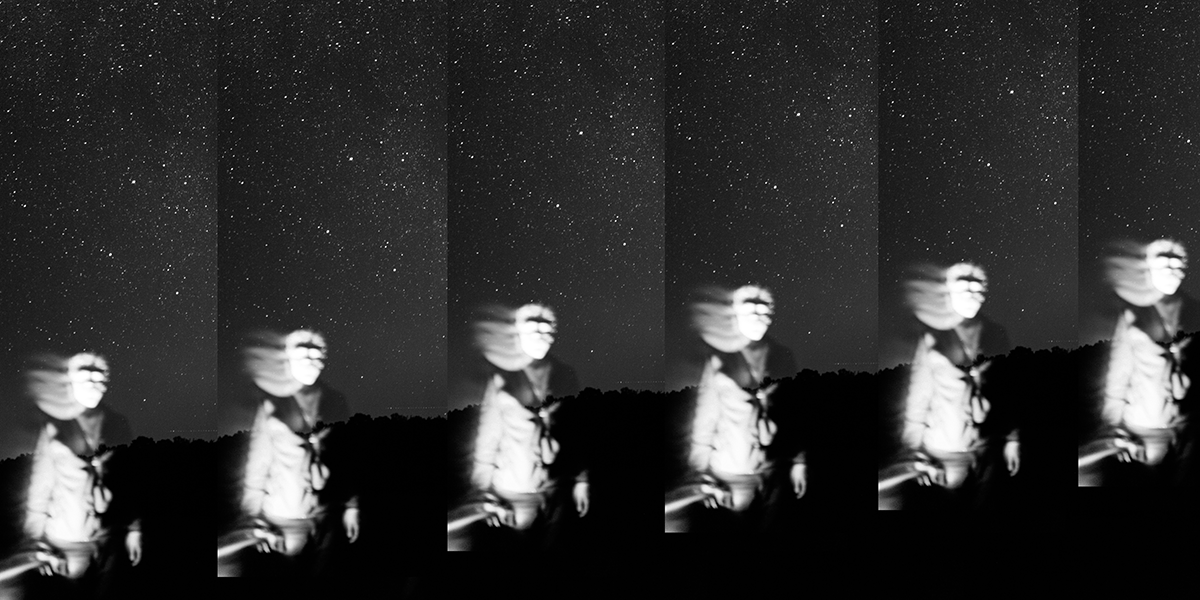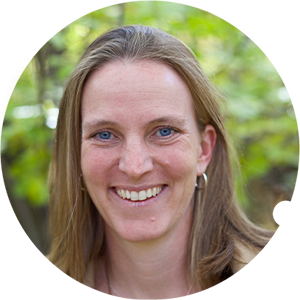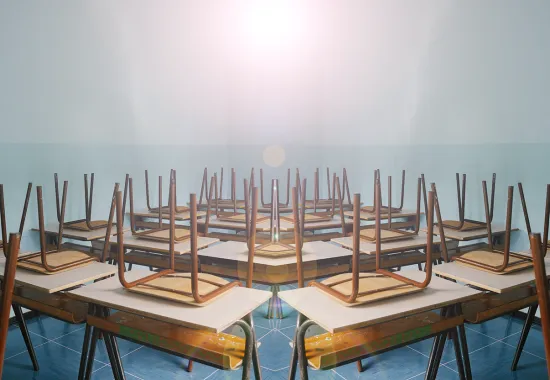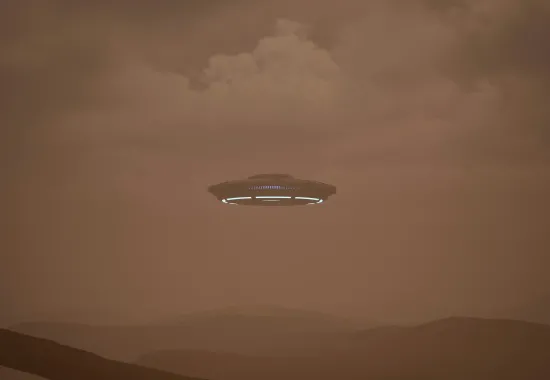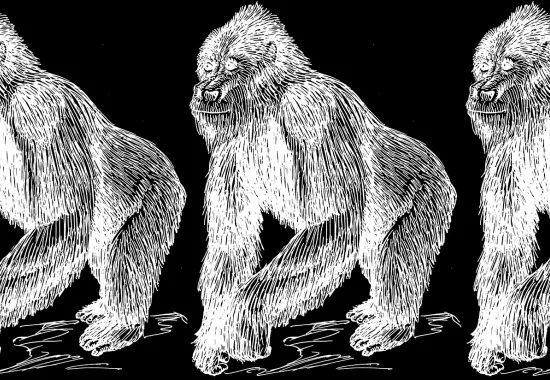Lost and Found
In the spring of 1992, I was counting calories, buying a Blow Pop at a high school soccer game, when the mom on the other side of the concession stand grabbed my wrist. The thick, red fingernails locked, not pressing. She caught my eyes in that one moment I had left, holding off what she knew was coming next for as long as she could.
And then her face crumpled. “Your father,” she said. We didn’t know each other except in the way you do in small southern towns, our lives linked in ways as thin and strong as a spider’s web.
My friend Ben’s mom appeared, her hand at my back, directing me toward the parking lot behind the bleachers. The whole world had turned into some sort of funhouse, weirdly swirling and out of my reach.
My younger brother appeared at my side, twiggy and big-headed in the way of freshman boys. He wasn’t saying anything either.
“We’ll drive you to the hospital,” Ben’s mom said, her tiny waist accented by a wide elastic belt. Her husband was there suddenly. Both were watching my brother and I closely. My skin prickled. We walked into the dimly lit parking lot, them in a hurry, me trying to hold back, my shoulder bumping up against my brother’s.
“I’ll drive,” I said. Even then, I knew to snatch and hold tight to any semblance of normality as a way to convince yourself and others that you are not falling apart.
Mrs. Jordan met my eyes.
“What happened?” I managed to ask in half a whisper.
Before she flicked her eyes away, they filled with a sorrow thick as the night we had plunged into. “We have to go. Your mom is at the ER.” She scanned the parking lot for my car and then directed all four of us toward it. “We’ll ride with you.”
My mom took us outside to tell us, as if that would be easier. A massive heart attack. He was forty-five years old. We stood cushioned by the humid night, under a thousand stars. “He’s gone,” she said, and so was I.
•
Six months later, the dreams started. He walked into my freshman dorm room and found the vodka I’d hidden in the closet. “That’s the most obvious place to hide it,” he said with a look of can’t-you-do-better-than-that.
“You’re dead,” I pointed out. “You can see through walls.”
He laughed at the idea of it. “I’m not dead, I’ve just been busy.” He shifted his feet, his jeans a bit more worn than the last time I saw them. He went on. “Vodka is dumb. Drink whiskey.”
But when the extraordinary reaches out its hand, you take it. You look directly at what you have avoided, into the eyes of all you have lost.
A few months later, he was walking the beach in Maine in my dream, explaining patiently that he wasn’t dead, he just wanted to live at the beach. Alone.
My brother had the same dreams. Dad would show up, Matt would demand to know where he’d been, Dad wouldn’t say much, but it was clear that he wasn’t dead, that he’d just been out doing stuff. Like marrying other people and having other children. Or he’d just been out fly fishing. For a really long time.
This went on for a decade. We got used to it. My dad was a whirl of a person, balanced on the sheer edge of his own speed. While he loved and provided for us, something in him railed to be free of the car payment, the house payment, and talk of both at the neighborhood get-togethers. His life before us was full of motorcycle wrecks, PBRs, hitchhiking, outrunning cops, camping in Mexico, and working in fish canneries in Alaska. And so it seemed, he had returned to life outside of doing what’s expected of you.
One day, my brother sent me an email with the subject line: Found him!
Inside, was a link to a National Geographic story about a homesteading family in the South Pacific. The dad of the family stared out at me from the photo with a heart-stopping resemblance—he was the right age, the right build, had the right spark in his eye. There he was, doing something that made perfect sense. And he looked happy. Like he used to on the rare nights he got to telling stories of beanie weenies, no money, no cares, and a Mexican beach all to himself.
Two years later, he progressed beyond my dreams and the pages of a magazine. I found him on a four-wheeler in Alaska.
My friend owned a falling down shack on a peninsula outside Glacier Bay where a small group of homesteaders were living. Naturally, I wanted to go see it. We landed on a dirt runway after the Cessna pilot did a low sweep to scare off any animals large enough to crush a small plane. As we strapped on backpacks and the plane roared off behind us, the Alaskan version of my father pulled up on his four-wheeler, pistol at his hip.
“Hey, Will,” he called out to my friend.
My heart flipped over and then sped up.
A grin spread across Will’s face. “You fishing?” He nodded at the gun at my Alaskan father’s hip. It’s not legal to shoot salmon, but it’s a whole lot faster.
“Nah,” the man said, his face breaking into the familiar wide smile. The skin across his cheekbones was smooth and red tan, the wrinkles at his eyes and mouth were deep and well worn. And his eyes. They froze up my lungs. They were the same icy blue. He stood up on the four-wheeler and held out a hand to me. “Kenny.”
I took the wide leathered hand I’d held a thousand times before. I wanted the time warp to stop and I wanted it to go on forever.
The raw need for whoever has been ripped out of your life cannot be Processed, or Talked Through, or Worked On. The best you can do is let the years bury it so that you can accomplish the ordinary things in life, build an ordinary existence.
But when the extraordinary reaches out its hand, you take it. You look directly at what you have avoided, into the eyes of all you have lost. You accept the way the loss still cuts you in half and probably always will, and realize all the things you’ve somehow managed to do anyway. You nod back when he smiles and says, “Good to see you,” even though he has never seen you or maybe has seen you all along.
Recommended
Encounter
Schizophrenic Sedona
Recense (realized)


